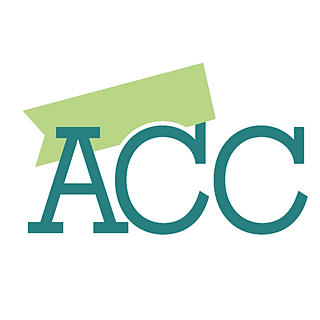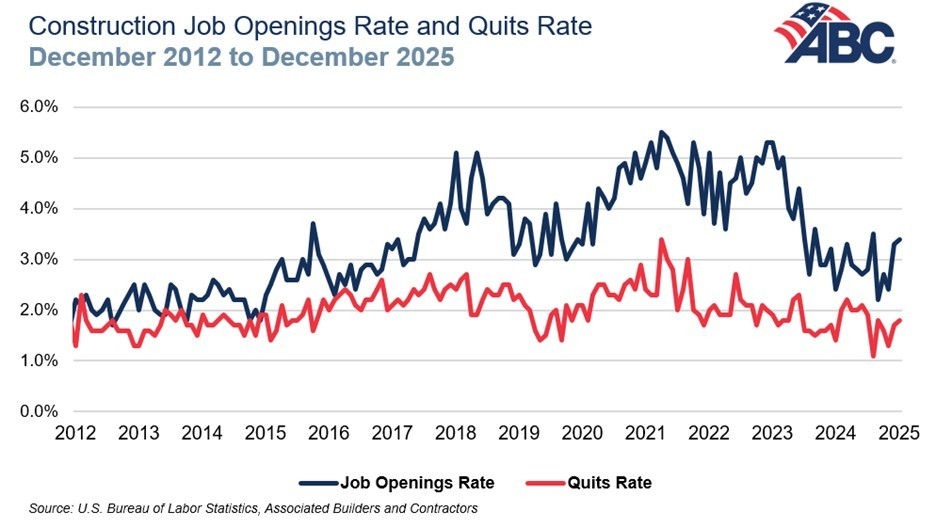Are you really sure you want to be the qualifying party on your “buddy’s” ROC license?
- Arizona Contractor & Community
- Apr 29, 2022
- 2 min read
By Andrew Wenker
An all-too-common occurrence is a friend (or a friend of a friend) asking someone to be the qualifying party (QP) on their contractor’s license issued by the Arizona Registrar of Contractors. They might even make some payments to the QP for their troubles.

Unless otherwise exempted, licensed contractors are required to have a qualifying party who meets minimum experience standards. However, being a QP is not just a hollow résumé stuffer or a source of “free money” – it carries actual risk.
By law, a QP must be able “to adequately supervise the work performed by the licensee.” That statute goes on to state – and this is where the risk kicks in – “the qualifying party is responsible for any violation of this chapter by the licensee for licensure regulatory purposes.” (Emphasis added.)
The QP’s responsibility applies “during the period of time that the qualifying party is named on the license." Although that provision does not create personal liability, it can cause lasting issues for the QP if a license on which they are named is disciplined.
Unintended Consequences. A contractor can be disciplined for, according to A.R.S. § 32-1154(A)(20):
“having a person named on the license who is or was named on any other license in this state or in another state that is under suspension or revocation for any act or omission that occurs while the person is or was named on the license.”
Why that is bad: If someone serves as the QP on their “buddy’s” license, while simultaneously being the QP for their own company, their own company could be disciplined because of the discipline imposed on the other license.
Additionally, unresolved discipline from a previous license can prevent the QP from obtaining a new license. A.R.S. § 32-1122(C) requires that each person named on a license:
“must be of good character and reputation. Lack of good character and reputation may be established by showing that … the person was named on a license that was suspended or revoked in this state or another state."
Even if the discipline occurred years prior, it can still prevent a new license from being issued.
Smart Moves. If, after weighing the risks and rewards, you are still inclined to serve as QP for another contractor’s license, these steps can reduce your risk of administrative liability:
Before becoming the qualifying party, perform due diligence on the licensee. If the company has a disciplinary history, proceed with caution.
Don’t be a “silent” QP. Do your job, and appropriately supervise the licensee.
If, in your supervision, you detect conduct or workmanship that heightens the risk of discipline to the license, disassociate yourself promptly and officially.
Caution. Because complaining parties have two years to pursue discipline against a contractor’s license, a QP may be responsible for up to two years after disassociation. If you disassociate, you will not receive notices of complaints filed against the license; consequently, you could be affected without knowing about it until you apply for a new license or renewal.









Comments